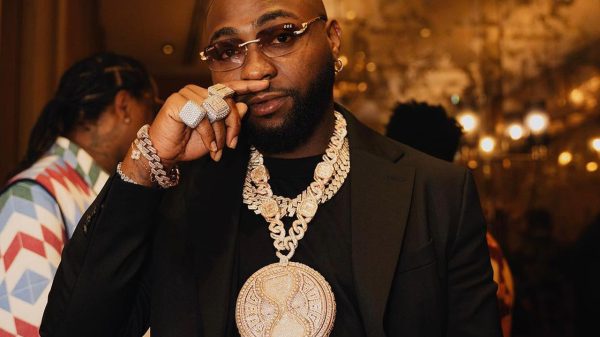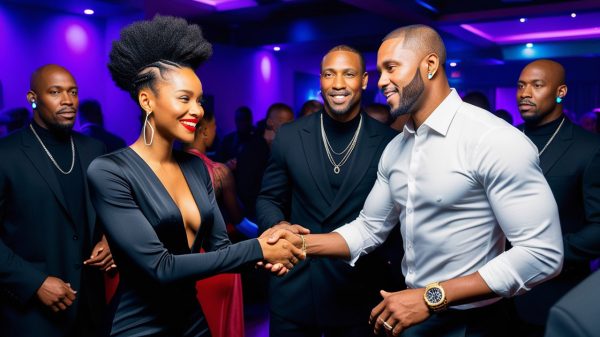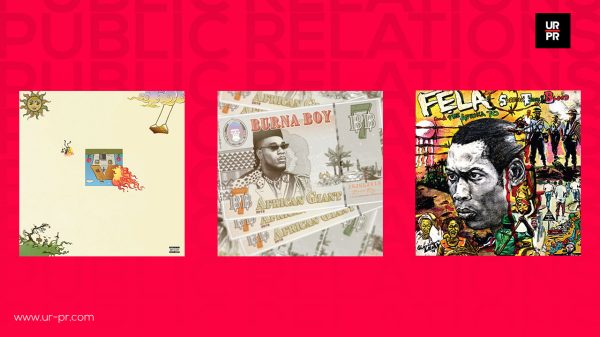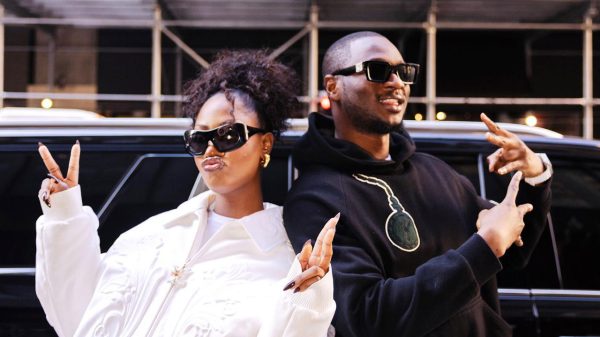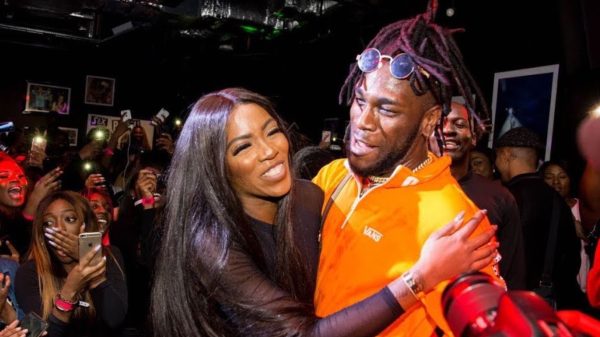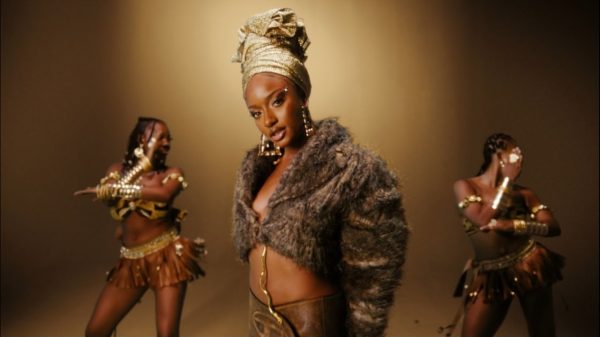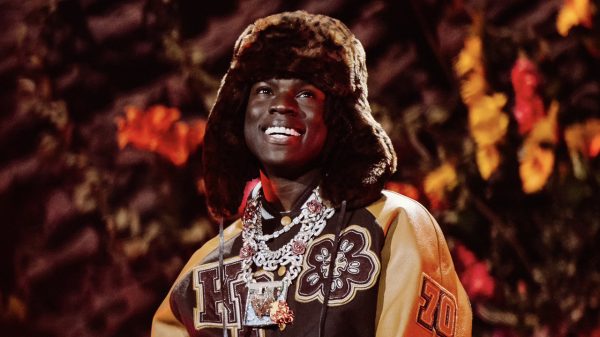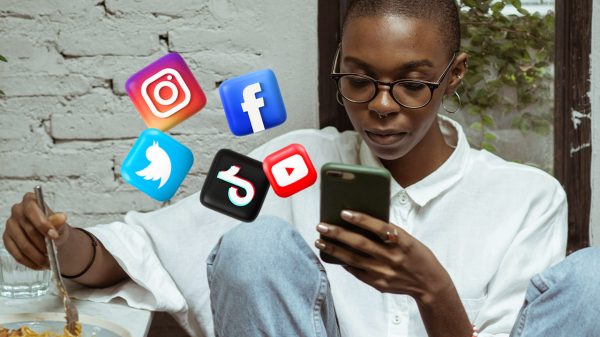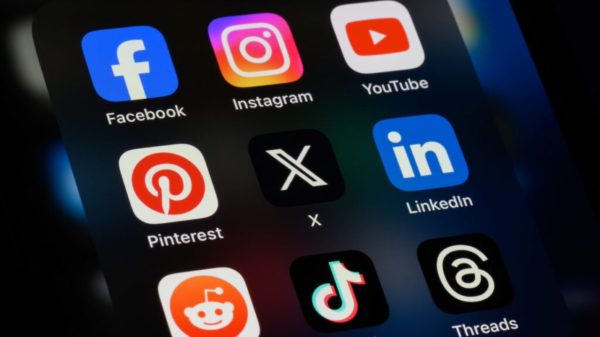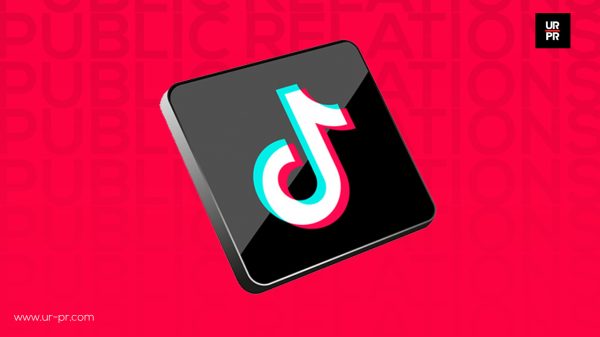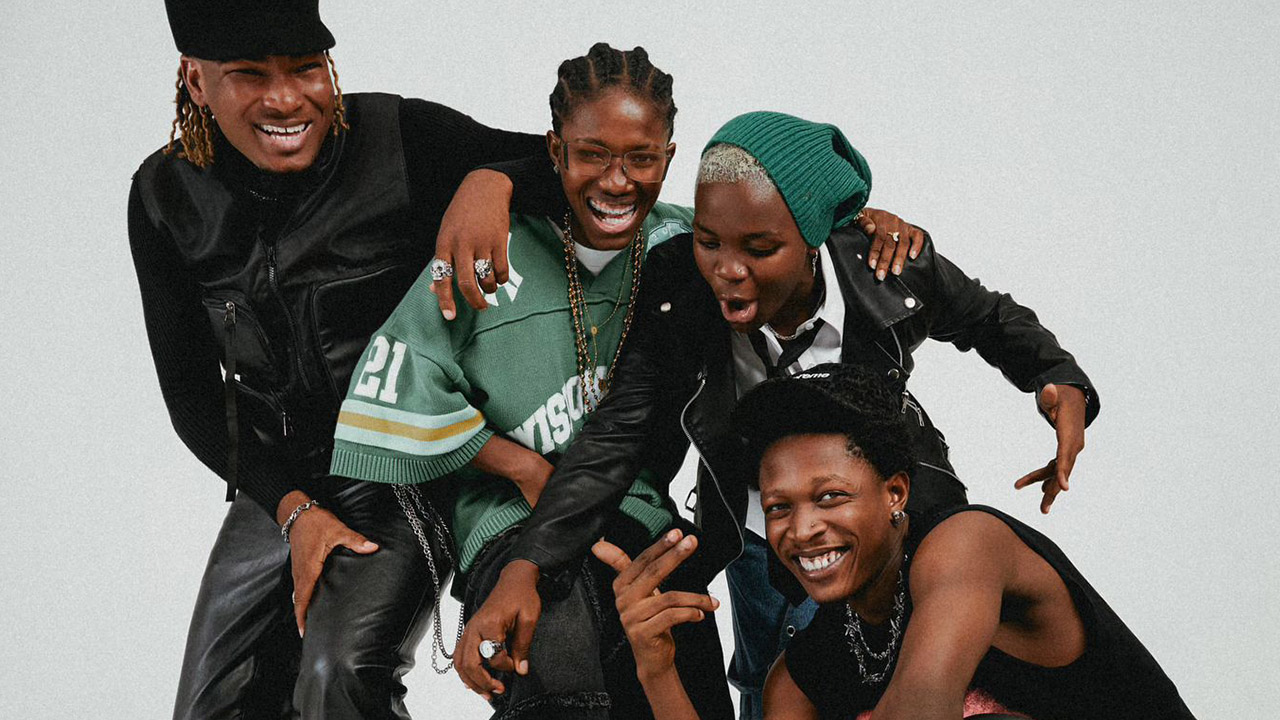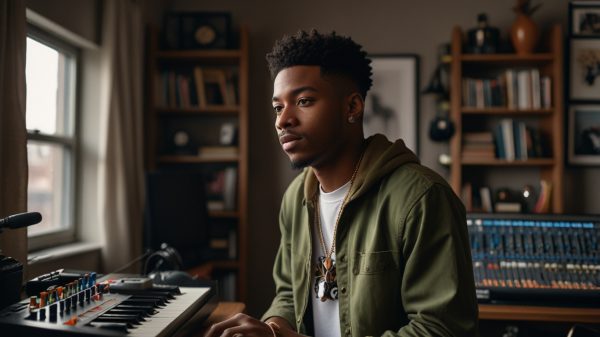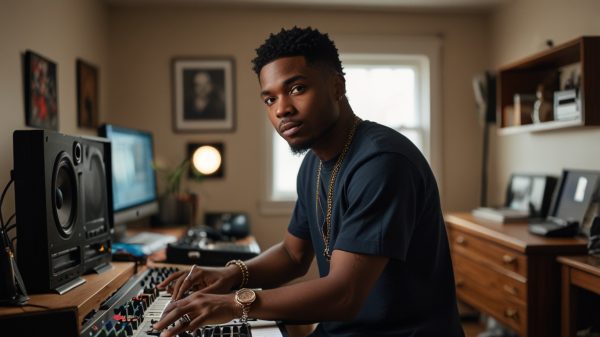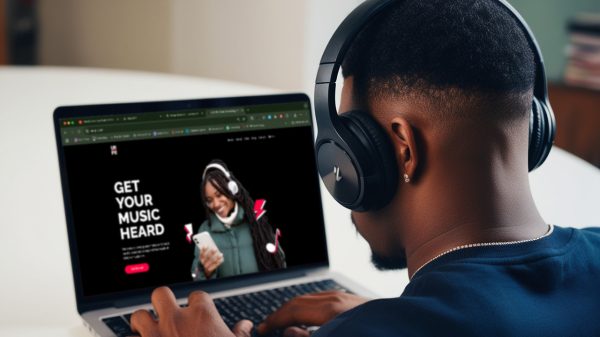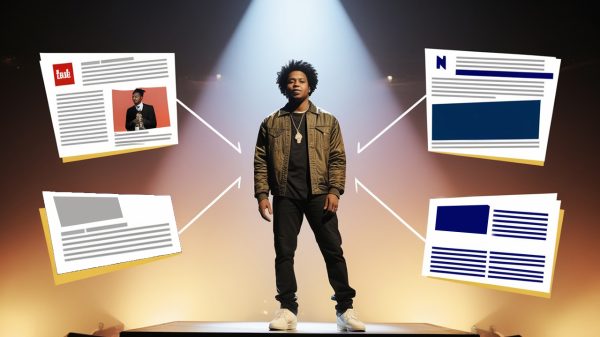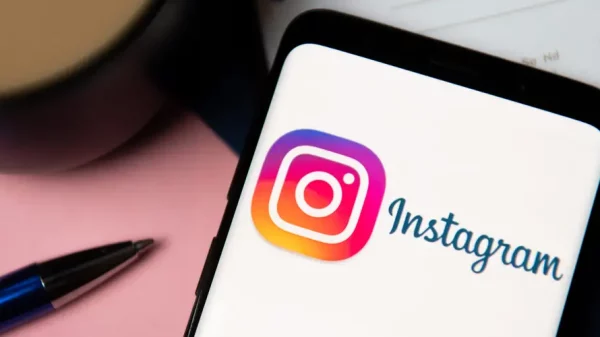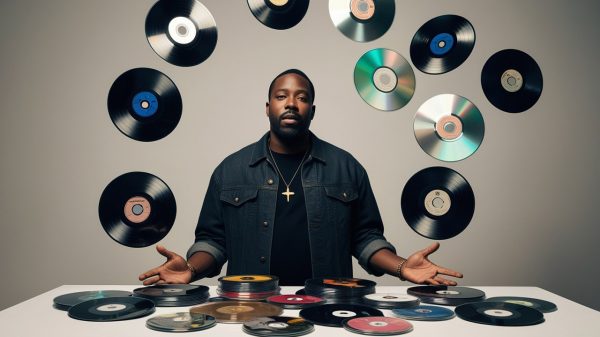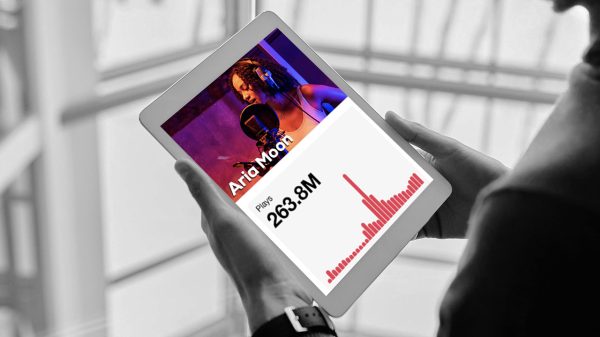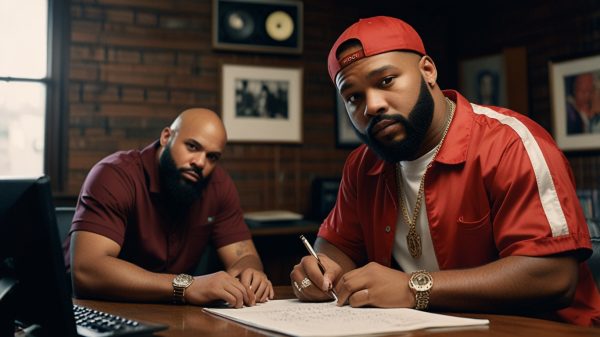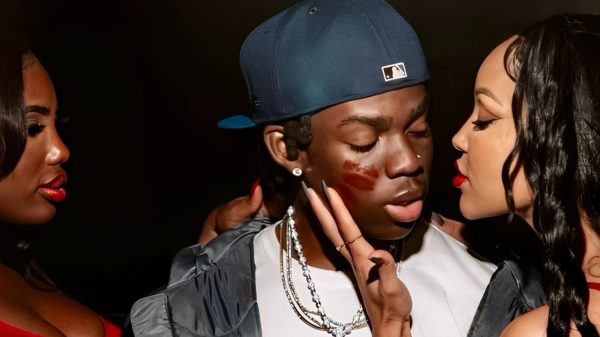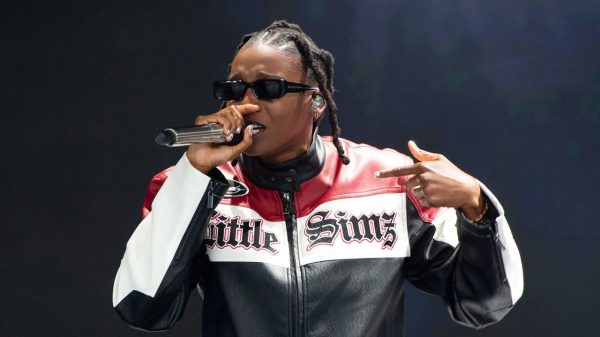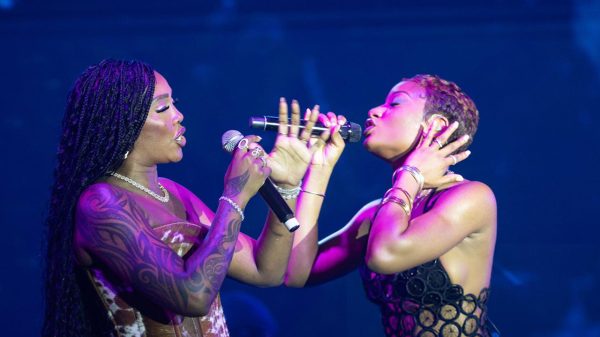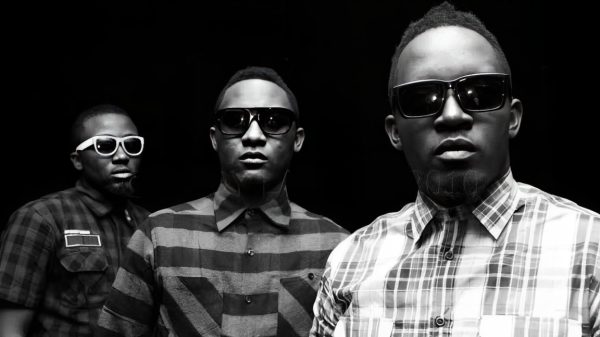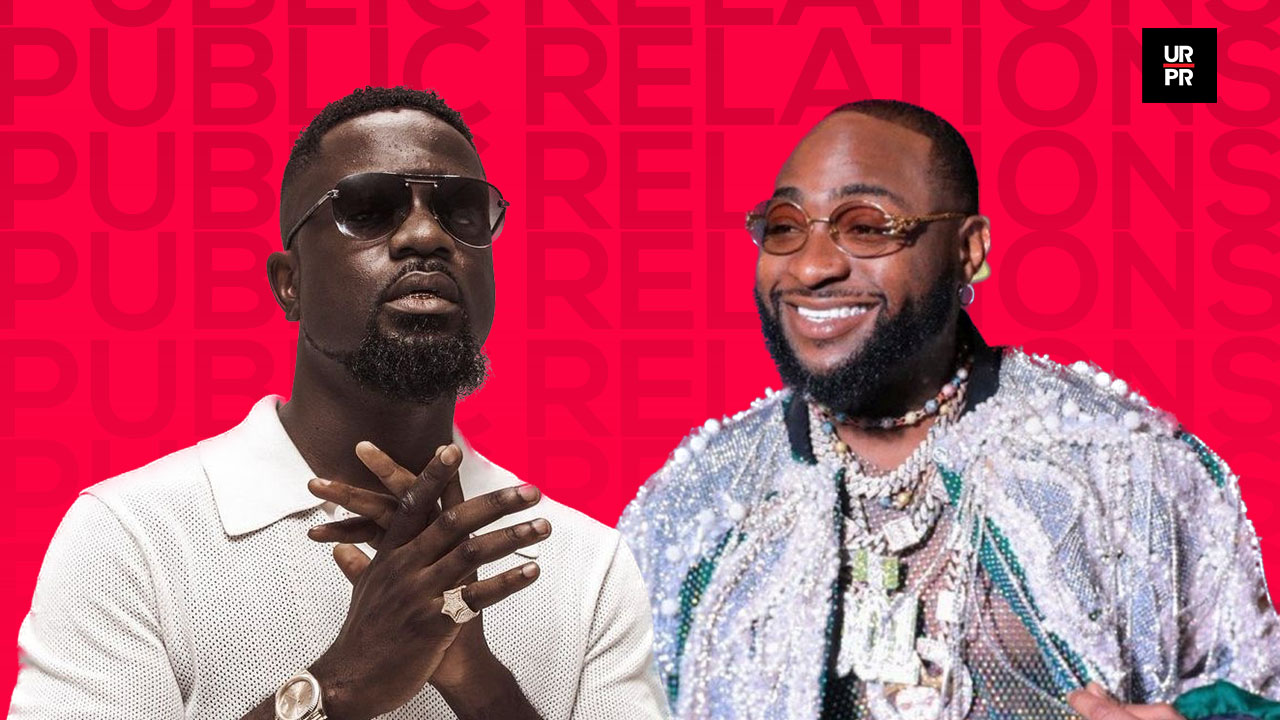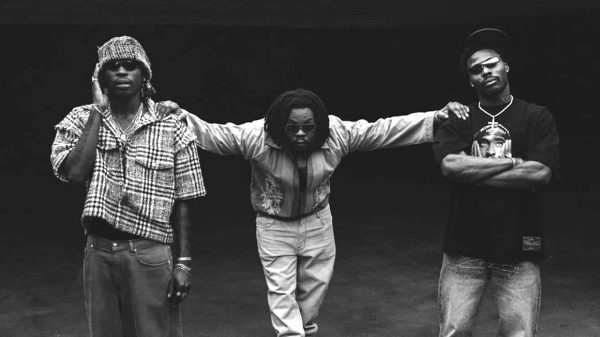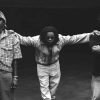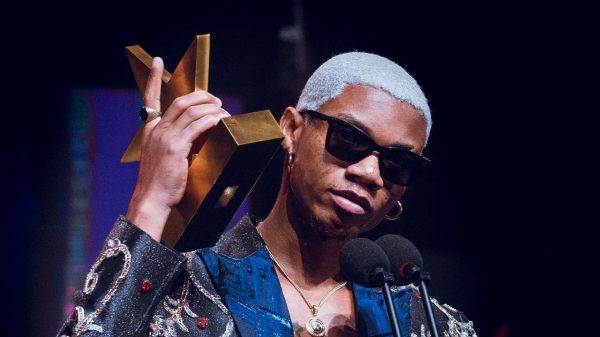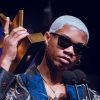When it comes to the vibrant music scenes of Africa, Ghana and Nigeria stand out as powerhouses. Each country boasts a rich musical heritage and a new generation of artists pushing the boundaries of Afrobeats, Highlife, and other genres. However, the approaches Ghanaian and Nigerian musicians take toward marketing and promotion can be quite different. Understanding these differences is crucial for anyone involved in the music industry, whether you’re an artist, manager, or PR professional.
Historical and Cultural Context
To understand the marketing and promotion strategies of Ghanaian and Nigerian musicians, it’s important to appreciate their historical and cultural backgrounds. Nigeria, with its larger population and diverse ethnic groups, has a more extensive media landscape. This provides Nigerian musicians with a broader platform to showcase their talents. On the other hand, Ghana’s smaller but highly engaged audience allows for a more intimate connection between artists and fans.
Media Landscape and Exposure
Nigerian musicians benefit from a more extensive and well-developed media infrastructure. With numerous TV stations, radio channels, and digital platforms, artists have multiple avenues to promote their music. Nigerian music videos often get significant airplay on international channels like MTV Base and Trace, providing global exposure.
Ghanaian musicians, while also enjoying considerable local support, often find themselves with fewer mainstream media outlets. This has driven many to leverage social media and online platforms more aggressively. Platforms like YouTube, Instagram, and Twitter are pivotal for Ghanaian artists to reach their audience and build their brand.
Social Media and Digital Marketing
Nigerian artists are known for their savvy use of social media. They understand the power of platforms like Instagram, Twitter, and TikTok to engage with fans, promote new releases, and create viral moments. Nigerian musicians often employ professional social media managers and digital marketers to maintain a strong online presence.
Ghanaian musicians also use social media effectively, but their strategies can be more organic and less polished. This authenticity resonates with many fans who appreciate the personal connection. However, there is room for improvement in adopting more strategic digital marketing practices to enhance their reach and impact.
Branding and Image
Branding is a critical component of music marketing, and Nigerian musicians excel in this area. They invest heavily in creating a compelling image and narrative that fans can relate to. From fashion choices to music videos, Nigerian artists present a cohesive and attractive brand that appeals to both local and international audiences.
Ghanaian musicians, while talented, sometimes lag in creating a strong brand identity. There is a tendency to focus more on the music itself and less on the visual and narrative aspects that enhance an artist’s marketability. However, this is changing as more Ghanaian artists recognize the importance of branding in the digital age.
Collaborations and Networking
Collaborations are a powerful marketing tool, and Nigerian musicians are masters at leveraging them. By collaborating with other popular artists, both within and outside Nigeria, they tap into new fan bases and increase their visibility. These collaborations often result in cross-border hits that dominate charts across Africa and beyond.
Ghanaian musicians also collaborate, but the scale and impact are usually smaller. However, there are notable exceptions where Ghanaian artists have successfully partnered with international stars, leading to significant boosts in their profiles. Increasing such collaborations can help Ghanaian musicians gain more traction globally.
Local Support and Industry Infrastructure
Nigeria’s music industry is supported by a more robust infrastructure, including record labels, management companies, and distribution networks. This comprehensive support system enables Nigerian musicians to focus more on their craft while professionals handle the business side.
In Ghana, the industry infrastructure is developing but still has gaps. Many musicians operate independently, handling both the creative and business aspects of their careers. While this can foster independence and creativity, it also means that artists may not always have the resources to execute effective marketing and promotion strategies.
Financial Investment and Sponsorship
The financial aspect of music promotion cannot be overlooked. Nigerian musicians often have access to more substantial funding, whether from record labels, endorsements, or personal investments. This financial muscle allows for high-quality production, extensive promotion, and large-scale events that enhance their visibility.
Ghanaian musicians, on the other hand, may face more financial constraints. This can limit their ability to produce high-budget music videos, organize significant promotional events, or run extensive marketing campaigns. However, innovative approaches and partnerships can help overcome these challenges.
Case Studies: Success Stories
Davido (Nigeria): Davido’s career is a testament to effective marketing and promotion. From strategic social media use to high-profile collaborations, Davido has built a brand that resonates worldwide. His knack for creating viral content and engaging with fans has kept him at the forefront of the industry.
Sarkodie (Ghana): Sarkodie is one of Ghana’s most successful musicians, and his career highlights the potential of effective marketing. While he relies heavily on his music’s quality, Sarkodie also understands the importance of branding and digital presence. His collaborations with international artists have significantly boosted his profile.
The Role of Dance Challenges
Dance challenges have become a unique promotional tool in the music industry. Nigerian musicians frequently initiate these challenges to create viral trends that boost their songs’ popularity. For example, Davido’s “Unavailable” dance challenge garnered millions of views, propelling the song to new heights.
Ghanaian artists are also tapping into this trend. King Promise’s “Terminator” dance challenge is a prime example of how engaging fans in creative ways can enhance a song’s reach and impact. These challenges foster community engagement and create memorable moments that fans can share.
Moving Forward: Lessons and Opportunities
For Ghanaian musicians, there are valuable lessons to be learned from their Nigerian counterparts. Investing in branding, engaging in strategic collaborations, and leveraging digital marketing more effectively can significantly enhance their reach. Additionally, building a more robust industry infrastructure in Ghana can provide artists with the support they need to succeed.
Nigerian musicians, while ahead in many aspects, can also benefit from the authenticity and grassroots connection that characterizes the Ghanaian music scene. Balancing high-quality production with genuine fan engagement can create a more sustainable and relatable brand.
Frequently Asked Questions (FAQs)
What makes Nigerian music unique?
Nigerian music is known for its diverse influences, energetic rhythms, and catchy melodies. The country’s large population and rich cultural heritage contribute to a vibrant music scene that blends traditional and contemporary sounds. Nigerian musicians are also adept at using social media and digital platforms to promote their music globally.
Who has better music, Nigeria or Ghana?
This is subjective and depends on personal taste. Both countries have produced exceptional musicians and unique sounds. Nigeria is known for Afrobeats and its global influence, while Ghana is renowned for Highlife and its deep cultural roots. Both music scenes offer incredible talent and contributions to the African and global music landscapes.
Why is marketing and promotion important in the music industry?
Marketing and promotion are crucial for reaching a wider audience, building a fan base, and achieving commercial success. Effective marketing strategies help musicians stand out in a crowded market, connect with fans, and create lasting impressions. Without proper promotion, even the best music may not reach its full potential.
Why don’t Ghanaians take music marketing seriously?
While this perception exists, it’s not entirely accurate. Many Ghanaian musicians do take marketing seriously but may face challenges such as limited resources and industry infrastructure. There is a growing recognition of the importance of marketing, and more artists are adopting strategic approaches to promote their music.
Why don’t Ghanaian musicians learn from Nigerian musicians?
Ghanaian musicians do learn from their Nigerian counterparts, but differences in resources, industry infrastructure, and audience dynamics can impact the implementation of similar strategies. Collaboration and knowledge sharing between the two countries can help bridge these gaps and foster mutual growth.
Why don’t Ghanaian musicians take branding seriously like Nigerian musicians?
Branding requires significant investment and strategic planning, which can be challenging without adequate support. While some Ghanaian musicians may focus more on their music, others are increasingly recognizing the importance of branding and working to create compelling identities. As the industry evolves, branding will likely become more prevalent among Ghanaian artists.
Why do major record labels choose to work with Nigerians instead of Ghanaian musicians?
Major record labels often base their decisions on market size, potential for growth, and existing infrastructure. Nigeria’s larger population and more developed music industry can make it a more attractive market for labels. However, Ghanaian musicians with strong brands and marketable talent are also gaining attention from international labels, highlighting the growing interest in Ghana’s music scene.
In conclusion, while Ghanaian and Nigerian musicians share many similarities, their approaches to marketing and promotion reflect their unique contexts. By learning from each other and leveraging their strengths, both can continue to thrive and contribute to the vibrant African music landscape.

